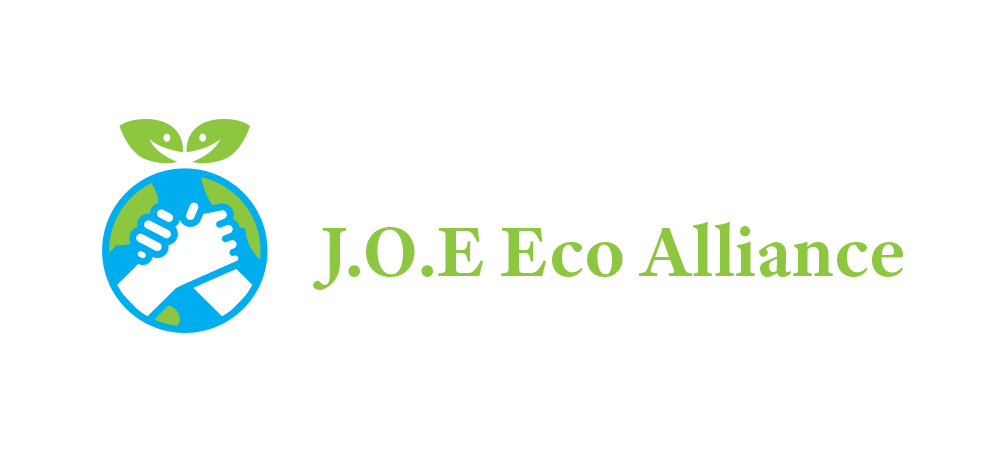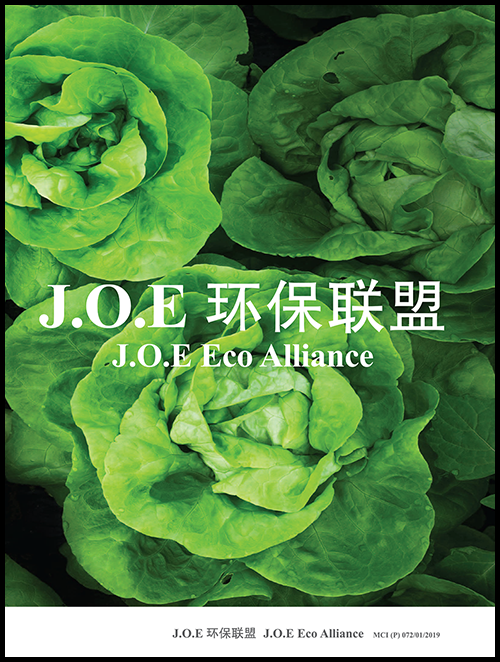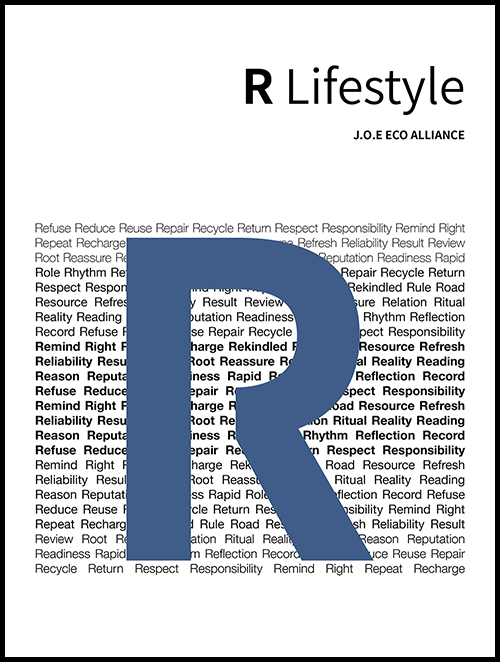Japan begins charging for plastic bags
日本零售业从7月1日起对塑料购物袋收费,收费标准由各商家在有关法规基础上自行制定。政府希望通过此举抑制对塑料袋的过度使用。
修订后的日本《容器包装循环利用法》规定,从7月1日起全国零售行业等要有偿向消费者提供塑料袋,但是纸袋、布袋、不带提手的塑料袋等不在收费范围内。此外,对厚度达到50微米的塑料袋以及100%采用在海洋中可降解塑料制作的塑料袋等也不收费。日本政府希望通过这种方式抑制对塑料袋的过度使用,让生活方式更加环保。
塑料袋的收费标准由各商家自行制定,不过日本经济产业省规定每个塑料袋价格不得低于一日元(约$0.01新元)。目前,各商家每个塑料袋的价格主要在两日元至五日元之间。
Retailers in Japan began charging for plastic bags on Wednesday (July 1), a move aimed at curbing Japanese consumers’ love for packaging and finally bringing the country in line with other major economies.
Shops including the ubiquitous convenience stores can decide how much to charge customers for the bags, with a common price being three yen (around four Singapore cents).
The new rule seemed to be having some effect, with one shopper telling public broadcaster NHK: “I buy things at a convenience store every morning. I knew the charge was starting so I brought my own bag.”
Visitors to Japan are often surprised by the amount of packaging involved in even the most basic of transactions – most convenience stores wrap individual bananas in plastic.
The country produces more plastic packaging waste per capita than any nation apart from the United States, according to the UN, with campaigners criticising Tokyo for moving too slowly on reducing plastic consumption.
With the measure, Japan has vowed to “curb excessive use of plastic and think about how to use it wisely”, according to its most recent policy document.
Introducing a nationwide fee “is aimed at prompting people to think twice if a bag is really necessary and helping people to review their lifestyles”, the government said.
In 2018, Japan vowed to reduce its annual 9.4 million tonnes of plastic waste by a quarter by 2030.
And meeting in Osaka last year, leaders from the Group of 20 major economies agreed to reduce marine plastic waste.
Japan touts an enviable waste-management system, and the government says more than 80 per cent of its plastic waste is recycled.
But much of that “recycling” involves simply incinerating plastic, often to produce energy – a process that generates carbon dioxide and contributes to climate change.
According to government data, bags account for 2 per cent of the total amount of plastic waste.
Source: Zaobao / Straits Times







